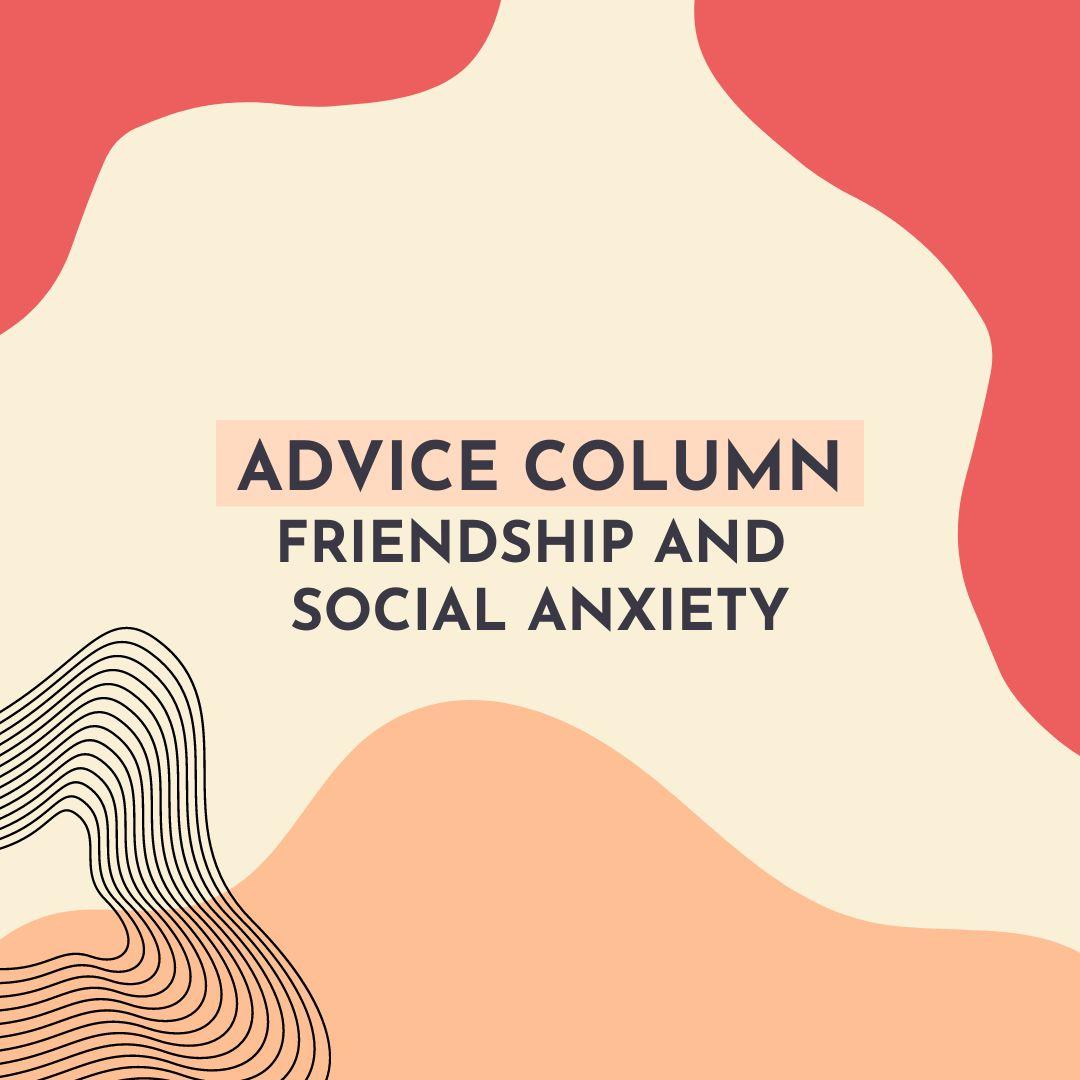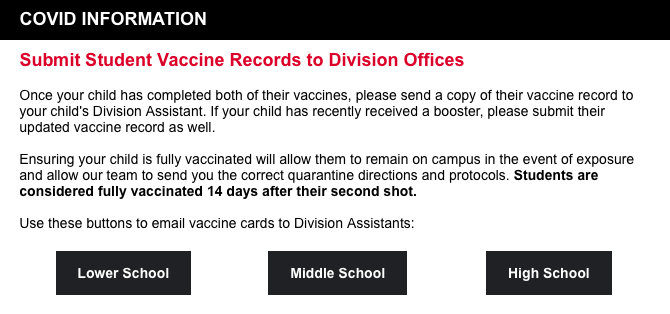This is an advice column that responds to questions from anonymous Country Day students. To submit, send in a question to the Google form sent out to students on Nov. 30.
Responses are not guaranteed, but all submissions are welcome.
Q: I feel like sometimes I’m only a backup option for my friends; I’m never their first option. They have a lot of inside jokes and don’t tell me things, but I don’t have any other close friends. What should I do?
No one deserves to feel like a last resort, especially when it comes to friendships. Luckily, you have overcome the greatest barrier: recognition.
For many people, pride prevents them from recognizing when they are not being valued, and when their contributions are not being appreciated to the fullest extent.
In those cases, denial prevents the pursuit of meaningful friendships; however, since you are not battling to come to terms with reality, you can jump right into fixing the situation.
It appears that your friends are not inherently bad friends.
As far as I am aware, they are not insulting you or purposefully ignoring you; instead, they are simply not as close to you as you would hope.
As a result, I suggest you not confront them about the issue because they have not actually done anything wrong. These people are still your friends, and you cannot force them into being closer friends.
However, this does not mean you should just accept that you will forever be a second choice. Rather, you should begin to broaden your horizon, seeking out close friendships elsewhere.
Now, I realize that is easier said than done, but if you follow these three steps, you will be well on your way to making other close friends.
Begin by surrounding yourself with new, unfamiliar people.
Maybe this means joining that sports team you have always wanted to join or attending that club meeting you have heard so much about. Whatever it is, it will be important to surround yourself with new people.
Next, you will begin to socialize with these new people.
At the club meeting, spark up a conversation with the person nearest to you. It might just be complimenting the person’s outfit, but it is important you start getting to know these new people.
Finally, once you have begun to familiarize yourself with these people, start going out of your way to talk to them.
If you pass them in the quad, say hello. If you sit near them in class, ask them to work with them on the next in-class activity.
Soon, you will find that you are increasingly less bothered by your lack of closeness with your original friends, and eventually, you will form that much-desired close friendship with someone else.
Q: How would you deal with social anxiety? I have always had trouble with socializing. When I talk to anyone, even friends and classmates, I freeze and clam up. It’s not that I don’t want to develop stronger relationships with people; I just can’t control it. Any tips on how to try to overcome my social anxiety?
In a time in your life when it seems like every move you make is being watched by all of your peers, it is completely natural to feel a sense of social anxiety.
Even the most confident people always deal with social fears in the back of their minds.
However, what separates them from most is the way they deal with these concerns. Fortunately, there are countless ways to overcome the barrier that is social uncertainty.
My first and most legitimate tip is to understand the situation you’re in.
Anytime I feel angst about embarrassing myself, I try to take life a little less seriously. In reality, we are a floating organic pebble with lives irrelevant to the grand scheme of things. Even less relevant is your time in high school.
Although not always true, the friends you meet and make in high school will most likely be gone in the next four years. So, why not leave it all out on the table?
The fact is, an understanding that we’re all on the same boat with limited time amongst each other should push you to be yourself in front of others with little worry about the consequences.
In addition to this realization, knowing what makes you anxious is a crucial step to combating social discomfort.
Whether it be you think the way you talk is funny, your personality is different or you feel what you add has no substance, understand that those around you share similar feelings of discomfort.
In contrast to what might make you feel like an outsider, building confidence in your special qualities is a necessity when it comes to dealing with social anxiety.
Take time to really pinpoint ideas, concepts or hobbies you’re passionate about. The more you find out about yourself, the better you’ll be at finding a group that prioritizes you and your interests.
Once you find a group centered around your fascinations, it’s integral that you are an active listener during your conversations. Time worrying about what you’re going to say next is nothing but time wasted.
If your social anxiety is rooted in conversation, listening to what others are saying allows for both deeper exchanges and connections between you and your new friends.
Finally, my last point of advice would be to take things slow.
Take a deep breath when you feel your anxiety sparking, remember what you read above and know that although making friendships take time, you have plenty of time and people in this community to help.
If all else fails, fake it until you make it.
This story was written by multiple staff members
This story was originally published in the Dec. 13 issue of The Octagon





